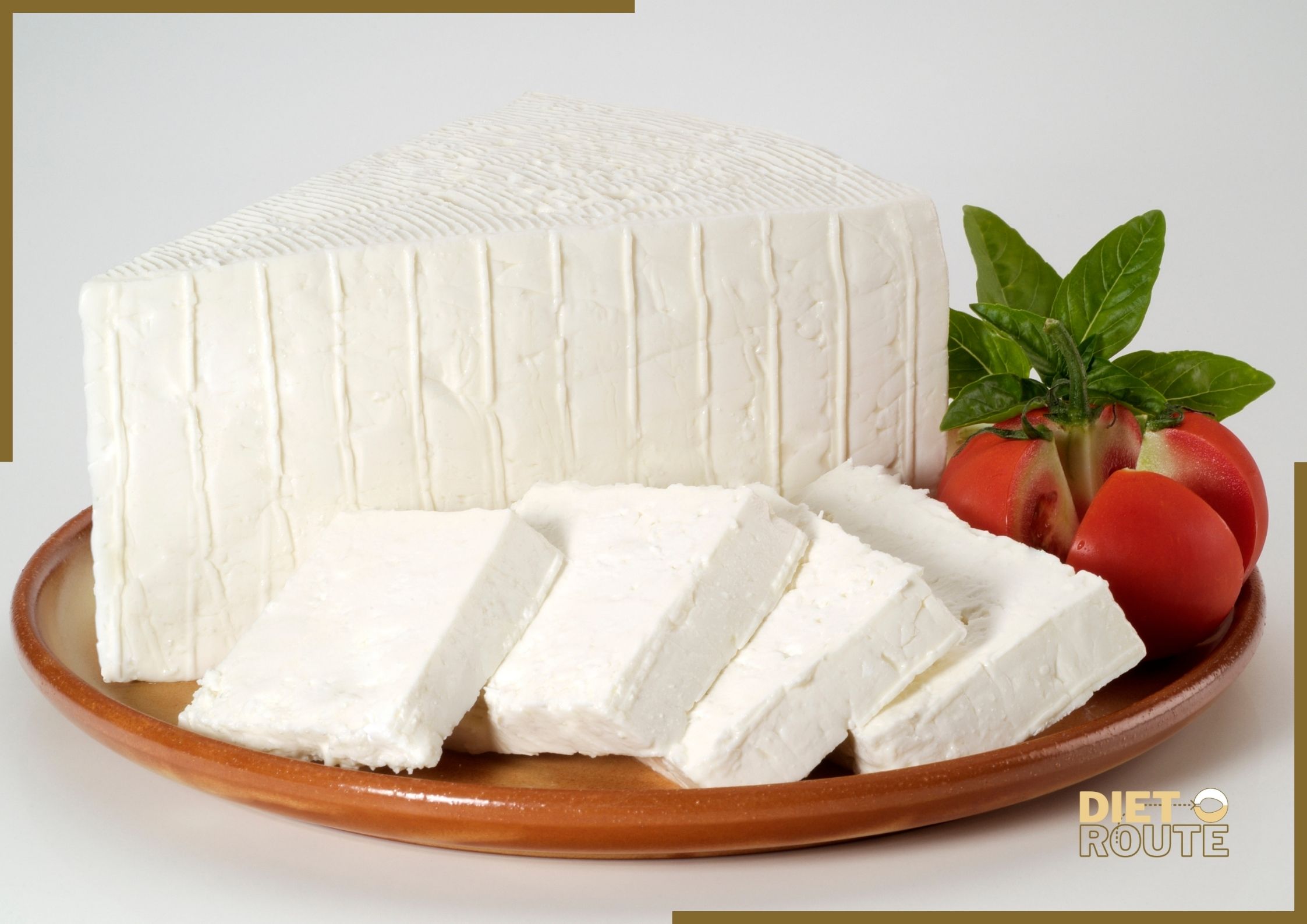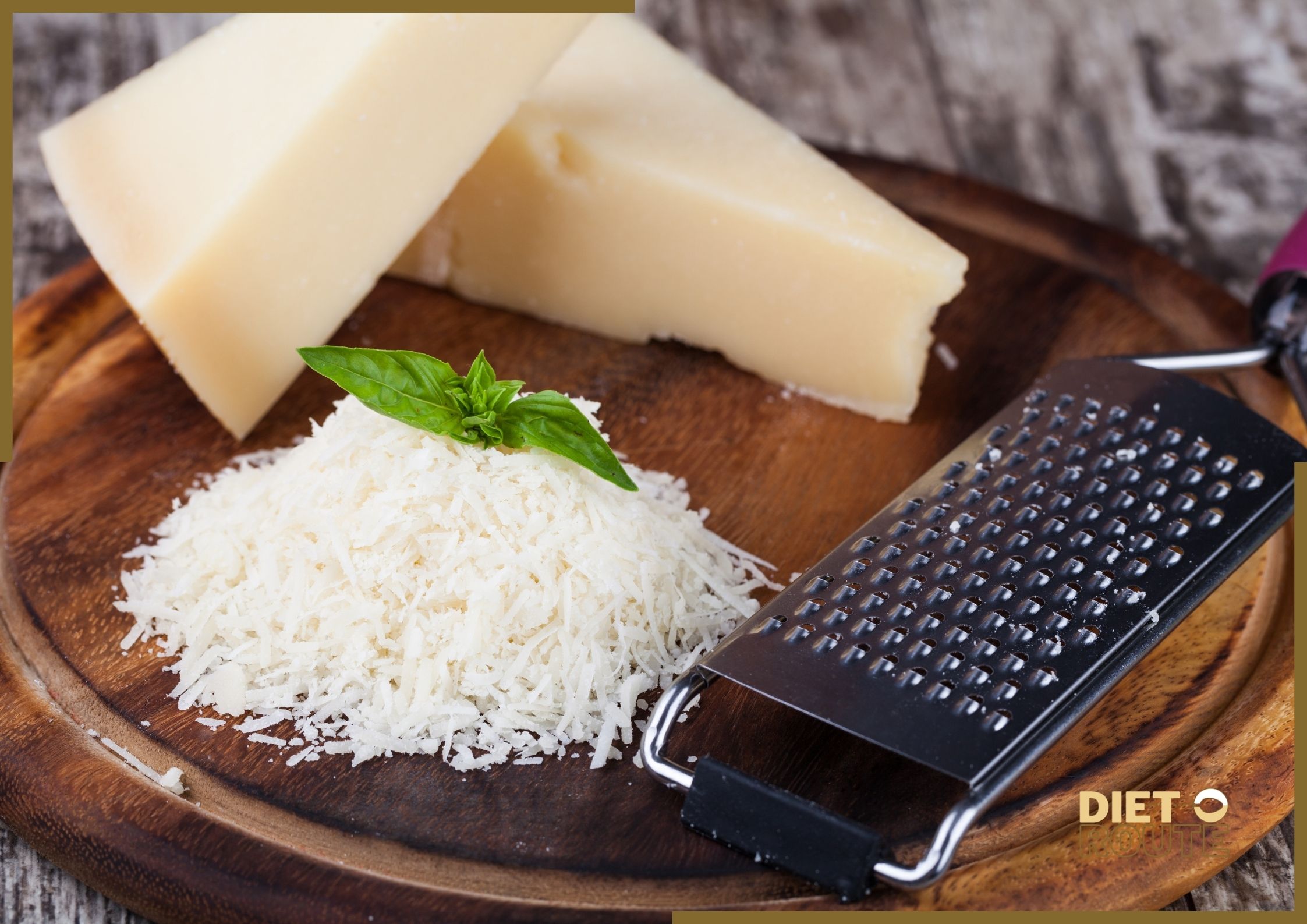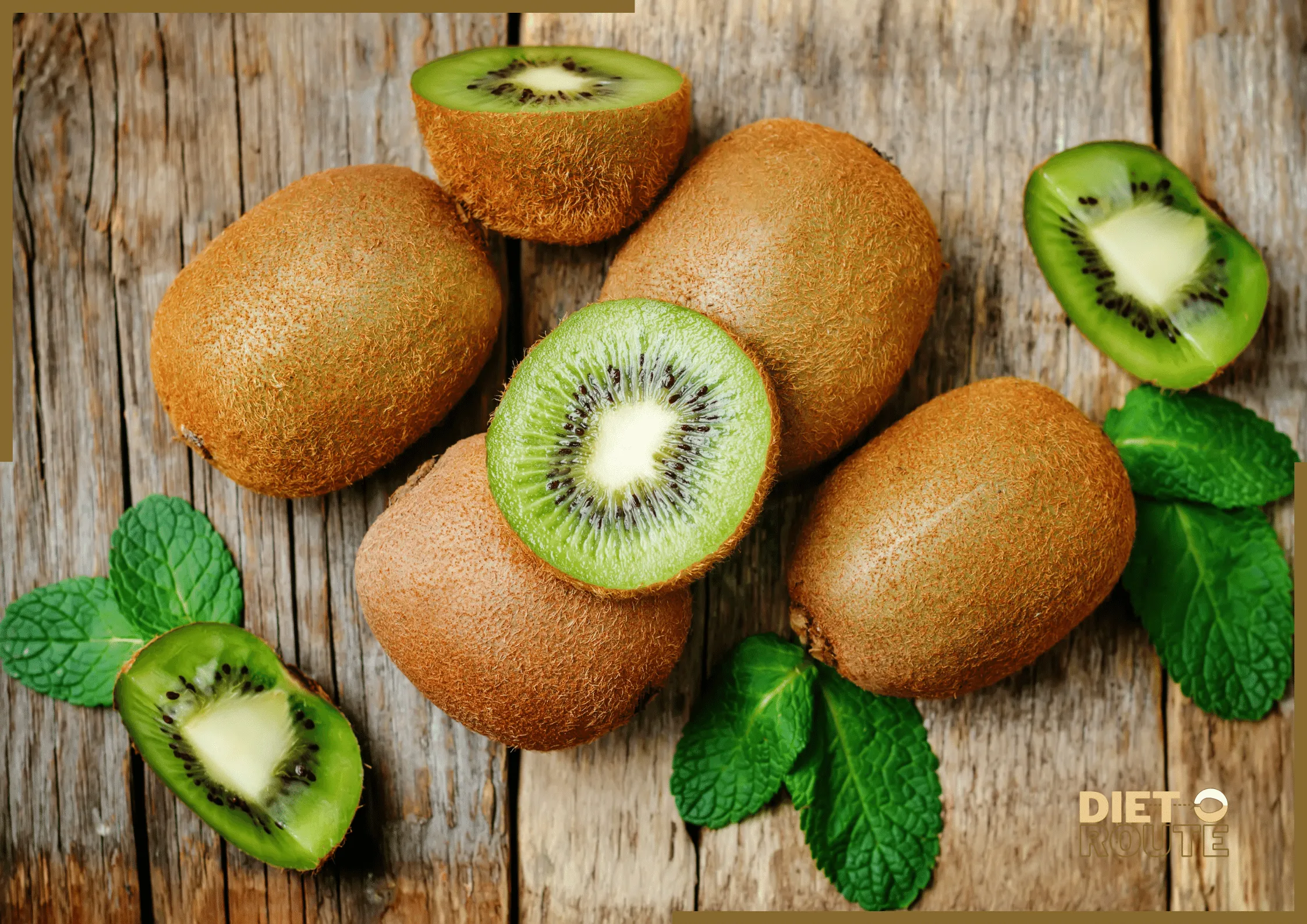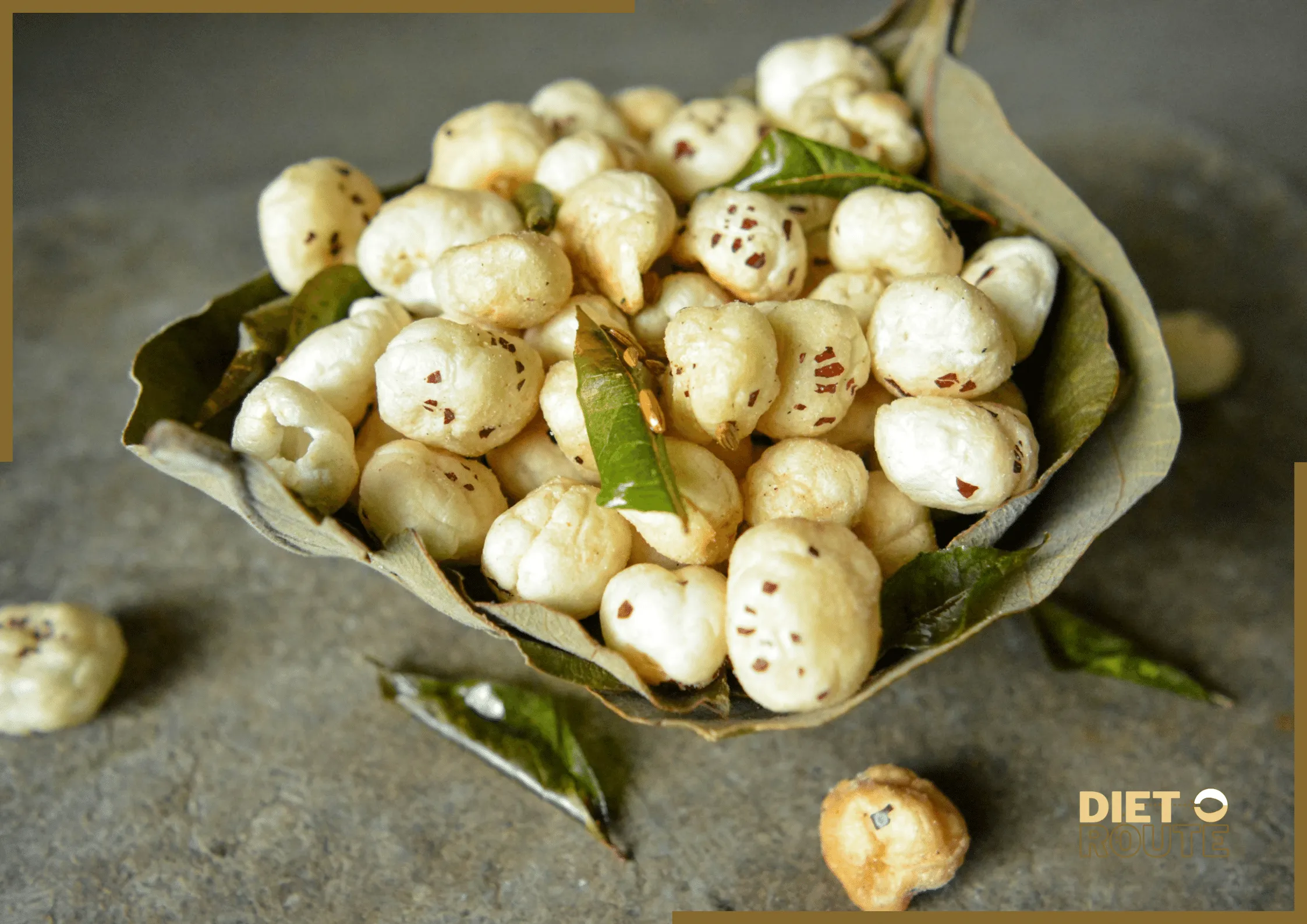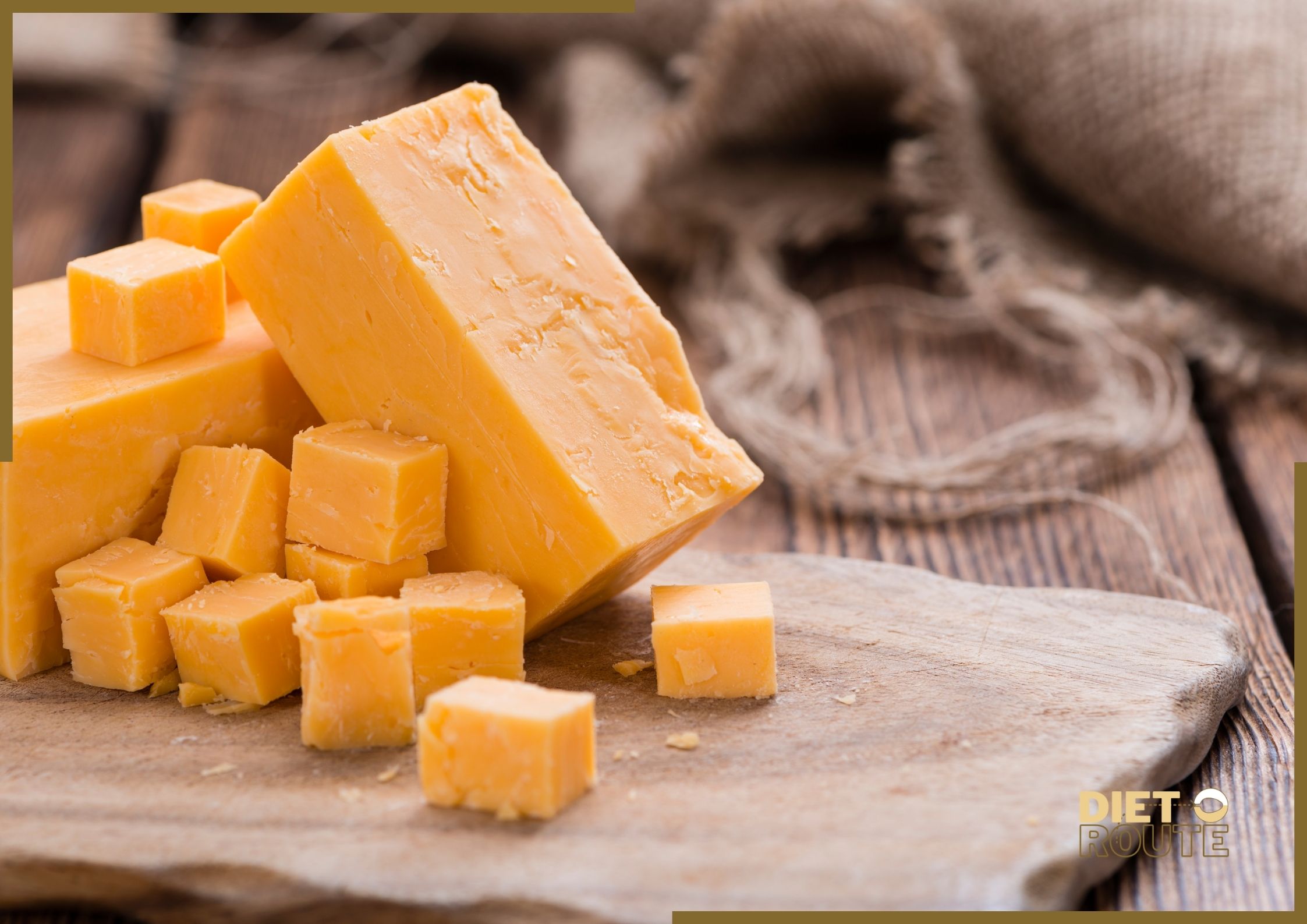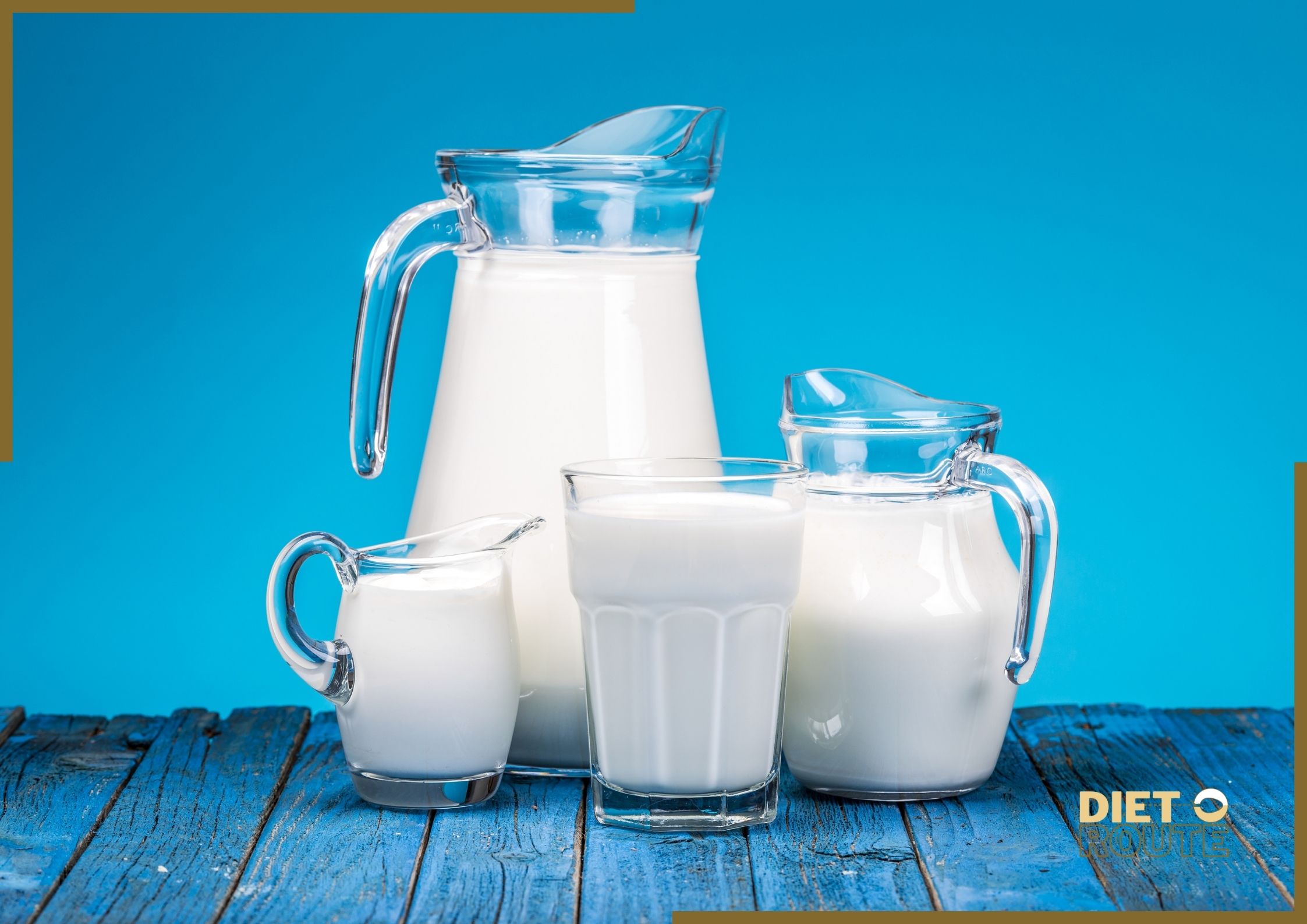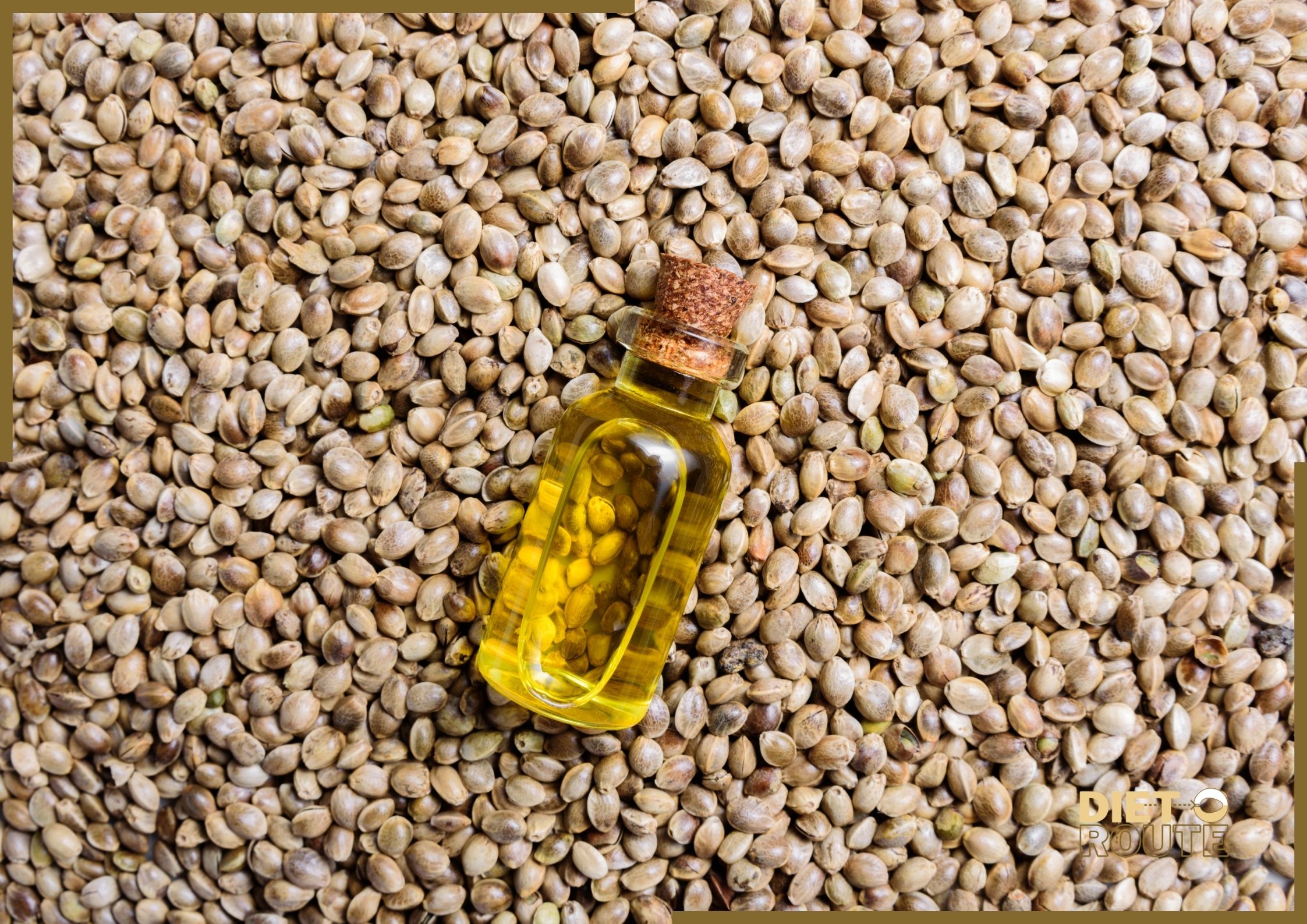Table of Contents
Introduction
A well-known cheese variety that comes from Greece is called feta. Feta cheese is a versatile ingredient that is used in salads, pastries, and many Mediterranean recipes. It has a tangy taste and a crumbly texture. It has nutritional advantages in addition to giving food a delicious taste. In this article, we’ll look at the nutritional value, talk about its benefits and drawbacks, address some common queries, and end with some thoughts on its role in a well-rounded diet.
Nutritional Value Approximately 100g
The values provided are approximate can vary depending on the size and quality.
| Nutrient | Amount | Percentage Daily Value |
| Calories | 264 kcal | 13% |
| Total Fat | 21 g | 32% |
| Saturated Fat | 14 g | 70% |
| Cholesterol | 89 mg | 30% |
| Sodium | 1116 mg | 47% |
| Carbohydrates | 4 g | 1% |
| Sugars | 4 g | – |
| Protein | 14 g | 28% |
| Calcium | 493 mg | 49% |
| Vitamin B12 | 1.8 µg | 30% |
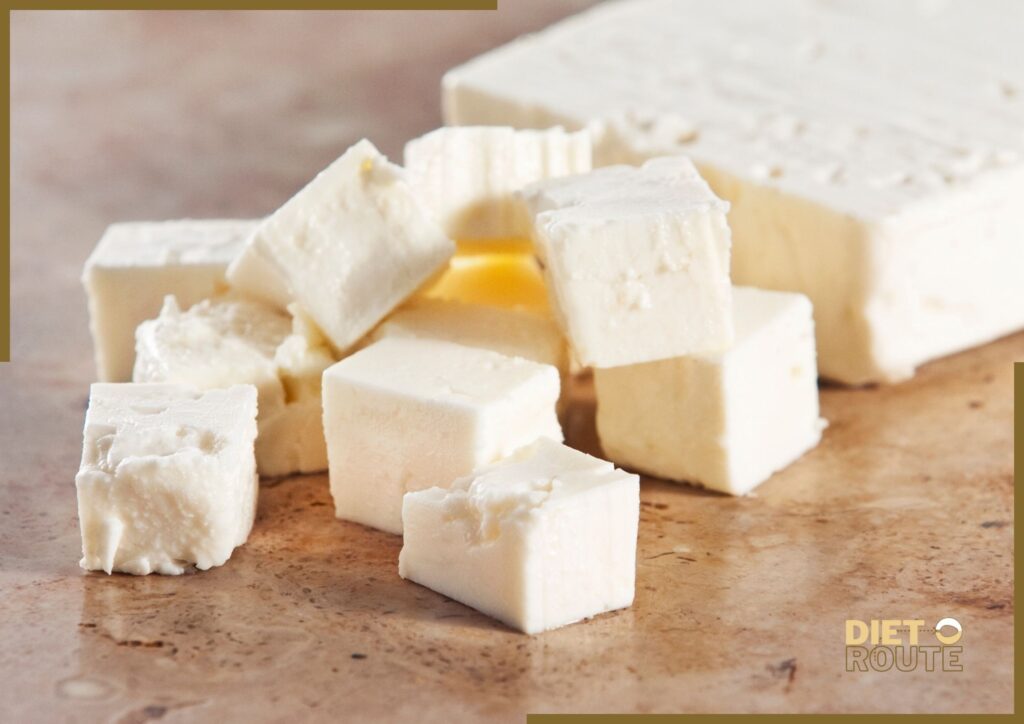
Pros
1. Good Source of Protein:
Feta cheese has a good amount of protein, which is important for muscle growth, repair, and the way the body works as a whole.
2. High in calcium:
It is high in calcium, which helps to build strong bones and teeth and plays an important role in nerve and muscle movements.
3. High in nutrients:
It has important nutrients like vitamins A and B12, calcium, and zinc, which are good for your health and well-being as a whole.
4. Less Lactose:
It has a relatively low lactose content, making it a potential option for individuals with lactose intolerance, though individual tolerance may vary.
Cons
1. High Sodium Content:
Individuals on a low-sodium diet or with high blood pressure should consume feta cheese in moderation because it is relatively high in sodium.
2. Lots of saturated fat:
Like other kinds of cheese, Feta cheese has saturated fat. When you eat too much saturated fat, your risk of getting heart disease may go up.
3. Foodborne Illness:
There is a risk of contracting a food-borne sickness because feta cheese is typically made with milk that has not been pasteurized. It’s important to get information from reliable sources and store and handle it the right way.
In a Nut Shell
A balanced diet can include feta cheese, a tasty and healthy variety of cheese, in moderation. It has protein, calcium, and other important nutrients, but its high sodium and saturated fat level should be taken into account. People with certain dietary restrictions or health problems should talk to a doctor or a trained dietitian to figure out the best way to add to their diet. You can enjoy the unique taste of this cheese while getting its nutritional benefits by making smart decisions and watching your amount sizes.
Frequently Asked Questions (FAQs)
1. Is it safe for pregnant women to eat Feta cheese?
Due to the risk of getting sick from food, pregnant women are usually told not to eat unpasteurized cheese. Pasteurized cheese is the better option.
2. Is Feta cheese safe for individuals with lactose intolerance to consume?
It has less lactose than other cheeses, making it possibly more tolerable for individuals with lactose intolerance. But each person’s reaction may be different, so it’s best to watch how your body reacts.
3. Is Feta cheese suitable for a diet that helps people lose weight?
It can be part of a diet to lose weight if it is eaten in moderation. It has protein and taste, and compared to some other kinds of cheese, it has fewer calories.
4. How should Feta cheese be stored?
It should be stored in a certain way. To keep its freshness, feta cheese should be stored in the fridge, ideally in its original packaging or a sealed container. It’s important to store things the way the maker tells you to.
5. Can you freeze Feta cheese?
It can be frozen, but when it thaws, it may have a crumbly appearance. Following thawing, it is advised to consume it within a reasonable amount of time.
6. Does Feta cheese have good bacteria in it?
Traditionally it was made from milk that hasn’t been processed may have probiotics in it. But Feta cheese made for sale may not have the same amount of probiotics. If preferred, opt for other foods that are high in probiotics or check the label.
7. Is Feta cheese suitable for individuals with high cholesterol levels?
Individuals with high cholesterol should consume in moderation and look for alternatives with less fat because of its saturated fat level.
8. Can allergies be caused by Feta cheese?
It is made from the milk of sheep or goats, which can cause allergic reactions in individuals who have milk protein allergies or lactose intolerances. People who know they have allergies should be careful or look for suitable alternatives.
9. Can you cook with Feta cheese?
It is a versatile ingredient that can be used in salads, baked goods, and pasta dishes, among other things. Its tangy taste and crumbly appearance make meals more interesting.
10. If you follow a vegan diet, is Feta cheese suitable?
It is made from animal milk, so it is not suitable for a vegan diet. For individuals who live a vegan lifestyle, there are a number of plant-based substitutes available.
